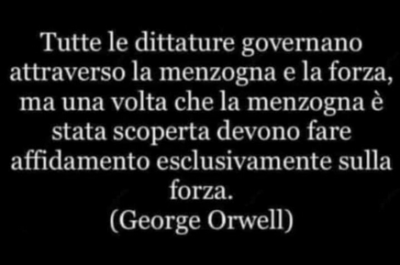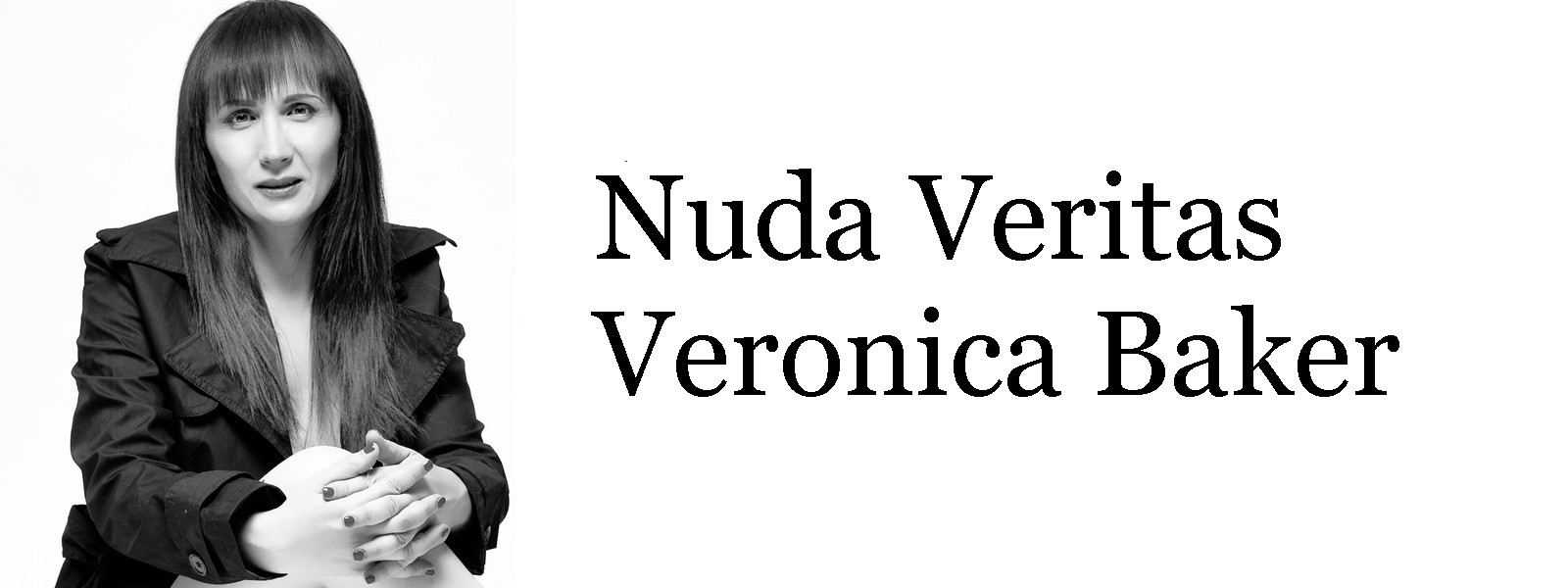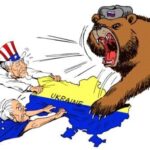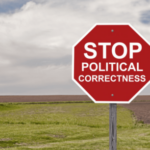October 1, 2024 Great Reset, The Keys to the Abyss, Totalitarianism
To be subject to digital censorship, it will not even be necessary to express an opinion critical of the government.
Digital kill switches and political dissent. Nothing good can come from techno-censorship
What’s to stop Western governments from hitting the pause button and disrupting telephone and Internet communications in any so-called “crisis” situation?
After all, such incidents are not uncommon in today’s world.
Kill switches in communications have become tyrannical tools of domination and oppression to stifle political dissent, eradicate any resistance, prevent electoral defeat, enable a military coup, and keep entire populations isolated, disconnected from the rest of the world, and in the dark, literally and figuratively.
Here is what the Guardian reports :
From Ukraine to Myanmar, government-run internet outages are picking up pace around the world.
In 2021, there were 182 shutdowns in 34 countries… Countries across Africa and Asia have turned to shutdowns in a bid to control behaviour, while India, largely in the conflict-ridden region of Jammu and Kashmir, plunged into digital darkness more times than any other last year…
Civil unrest in Ethiopia and Kazakhstan has triggered internet shutdowns as governments try to prevent political mobilization and stop news about military suppression from emerging.
In an Internet-connected age, shutting down the Net is tantamount to shutting down virtually everything : communications, commerce, mobility, the power grid.
As a result, tyrants and would-be tyrants can rely on this “cloak of darkness” to carry out their shady agendas.

In Myanmar, for example, the Internet shut down occurred on the day a newly democratically elected government was supposed to be sworn in.
The military staged a coup and immediately seized power.
Under the guise of a communications blackout that isolated the population from virtually the entire world, the coup plotters carried out raids in the night to seize power, breaking down doors to arrest politicians, activists and generally prominent anti-government elements.
These government-imposed communication disruptions serve not only to isolate, terrorize and control the population, but also to underscore the lack of freedom of citizens in the face of (potentially) unlimited government power: “emergency” buttons are no longer the exclusive province of dictatorial regimes, but an integral part of the toolkit of “democratically elected” governments.
Digital authoritarianism, as the Center for Strategic and International Studies points out, involves the use of IT technologies to surveil, repress, and manipulate populations, to undermine human rights and civil liberties, and to co-opt and corrupt the basic principles of democratic societies, including freedom of movement, the right to free speech and political dissent, and the right to personal privacy, both online and offline.
For those who insist that none of this can happen (and has never happened) in our “democratic” Western world, here are some examples that prove just the opposite.
In 2005, cell phone service was shut down in four major New York City galleries, ostensibly to prevent “potential cell phone bomb explosions.”
In 2009, attendees of President Obama’s inauguration had their phone signals blocked, again for the same reason.
In 2011, San Francisco commuters had their cell phone signals blocked, this time to thwart possible protests over the police killing of a homeless man.
As shutdowns become harder and harder to detect, who’s to say they’re not still happening without any of us noticing ?
Although an Internet kill switch is commonly thought of as a complete shutdown of the Internet, it can include a wide range of restrictions such as content blocking, throttling, filtering, complete shutdown, and cutting cables.
As Global Risk Intel explains :
Content blocking is a relatively moderate method that blocks access to a list of selected websites or applications.
When users access these sites and apps, they receive notifications that the server could not be found or that access was denied by the network administrator.A more subtle method is throttling.
Authorities decrease the bandwidth to slow down the speed at which specific websites can be accessed.A slow internet connection discourages users to connect to certain websites and does not arouse immediate suspicion.
Users may assume that connection service is slow but may not conclude that this circumstance was authorized by the government.Filtering is another tool to censor targeted content and erases specific messages and terms that the government does not approve of.
How often do most people who experience server errors and slow Internet speeds blame poor service ?
And who would suspect that the government is behind the server errors and slow Internet instead ?
Then again, these are the same governments that have imposed all sorts of infringements on freedom: lockdowns, movement restrictions, communication tracking systems, global surveillance, censorship.
Tools of domination and oppression in an age that has unfortunately now become addicted to the Internet.
No matter what justification is given by governments, the end result is always the same: expansion of government power in direct proportion to government oppression of citizens.
Again according to Global Risk Intel, the motivations behind these restrictions are multiple :
For instance, the kill switch serves to censor content and constrain the spread of news.
This particularly concerns news reports that cover police brutality, human rights abuses, or educational information.
Governments may also utilize the kill switch to prevent government-critical protestors from communicating through message applications like WhatsApp, Facebook, or Twitter and organizing mass demonstrations.Therefore, internet restrictions can provide a way of regulating the flow of information and hindering dissent.
Governments reason that internet limitations help stop the spread of “fake news” and strengthen national security and public safety in times of unrest.
In this age of manufactured crisis, emergency powers and technofascism, the government already has the know-how, the technology and the authority.
It just needs the “right” crisis to throw the security switch.
In the U.S., for example (but similar laws exist in more or less every Western country), under the Communications Act of 1934 signed into law by President Franklin D. Roosevelt, authorizes the president to suspend wireless radio and telephone service “if he deems it necessary in the interest of national security or defense” during a time of “war or threat of war, public danger or disaster, or other national emergency, or to preserve the neutrality of the United States”.
In the event of a national crisis, the president has a veritable arsenal of emergency powers that override the Constitution and can be activated immediately : imposition of martial law, suspension of habeas corpus, disruption of all forms of communication, restriction of mobility, a communications kill switch.
The national emergency can take any form, can be manipulated for any purpose, and can be used to justify any end goal, all at the sole command of the president.
As we can accurately verify by reading the directive posted above, the basis for this madness began some 20 years ago when George W. Bush secretly issued two presidential directives granting the president the power to unilaterally declare a national emergency, loosely defined as “any incident, regardless of location, that results in extraordinary mass casualties, damage, or disruption that seriously affects the population, infrastructure, environment, economy, or governmental functions of the United States”.
These two directives (National Security Presidential Directive 51 and Homeland Security Presidential Directive 20), which do not require congressional approval, provide an outline of the actions the president can take in the event of a “national emergency.”
The nature of the actions the president will take once a national emergency is declared is not very clear from reading these meager directives.
But one thing is certain: in the event of a national emergency, they give the president virtually unchecked executive, legislative, and judicial power.

The country would then be under martial law by default, and the Constitution and Bill of Rights would be immediately suspended.
The Internet kill switch would be just one of the building blocks to bring the nation to a standstill and impose martial la
And such laws now exist in every country in the “democratic” West.
It is very likely that there are many other secret laws that presidents can enact in times of so-called crisis without the oversight of Congress, the courts, or public opinion.
Indeed, such laws enacted by an individual president do not expire at the end of his term, but remain in effect, waiting to be used (or rather, abused).
Given the propensity of governments to use one national crisis after another to expand their powers and justify all sorts of government tyranny in the so-called name of national security, it is only a matter of time before this particular emergency power to shut down the Internet is activated.
On the other hand, a total communications blackout is just a more extreme version of the technocensorship we have been experiencing for years at the hands of governments and their loyal allies.
For example, although presented as a tool to control the spread of false or misleading information (“fake news”) in the name of national security, restricting access to social media has become a popular means of Internet censorship.
On the other hand, all these situations are at the center of several crucial cases before the U.S. Supreme Court about who has the right to control, regulate or remove content shared on the Internet : the individual, corporate censors or the police state.
But nothing good can come from techno-censorship.
As Glenn Greenwald wrote for The Intercept :
The glaring fallacy that always lies at the heart of pro-censorship sentiments is the gullible, delusional belief that censorship powers will be deployed only to suppress views one dislikes, but never one’s own views…
Facebook is not some benevolent, kind, compassionate parent or a subversive, radical actor who is going to police our discourse in order to protect the weak and marginalized or serve as a noble check on mischief by the powerful.
They are almost always going to do exactly the opposite : protect the powerful from those who seek to undermine elite institutions and reject their orthodoxies.Tech giants, like all corporations, are required by law to have one overriding objective : maximizing shareholder value.
They are always going to use their power to appease those they perceive wield the greatest political and economic power.
Add to this artificial intelligence technologies, social credit systems, and blanket surveillance, and it will not even be necessary to express an opinion critical of the government to fall into the net of digital censorship.
In the end, it will be just as George Orwell predicted :
Telling the truth will become a revolutionary act.














